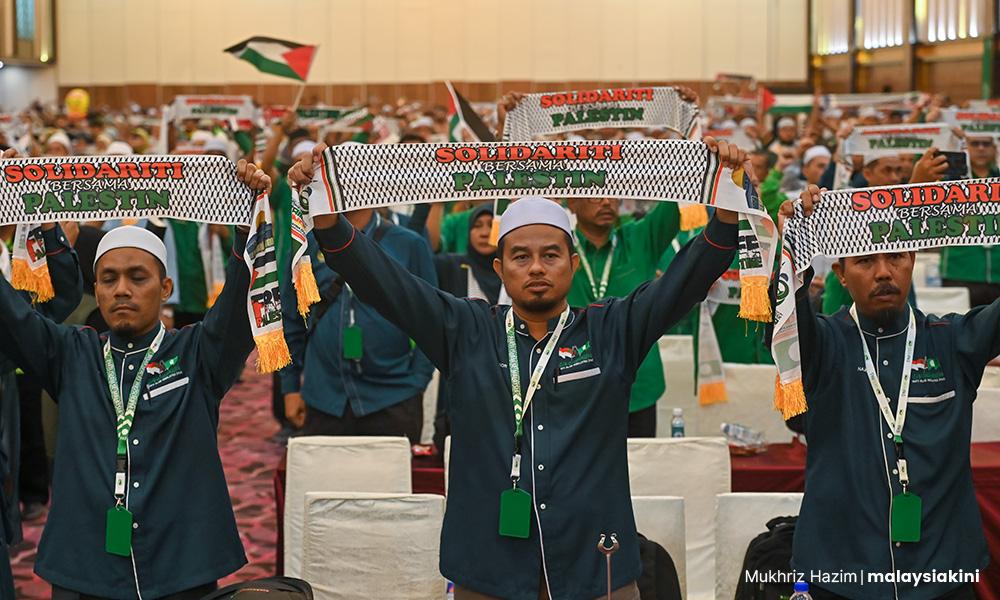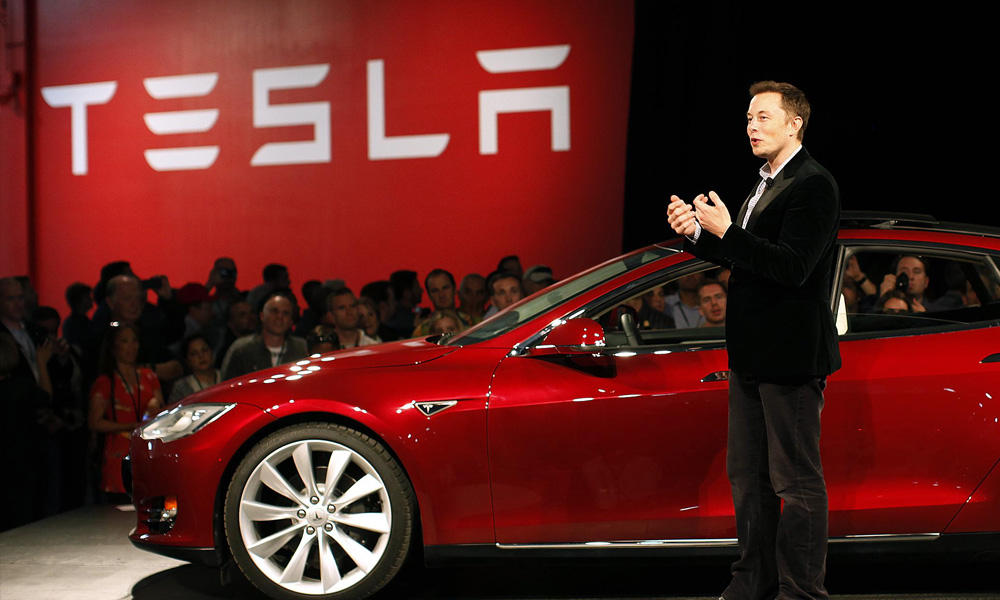Prime Minister Anwar Ibrahim has been vociferous in his support for the Palestinians and condemnation of the Zionist regime since the conflict erupted.
On television, the montage of him jet-setting to various countries to address the situation in the Middle East and his scorching speeches at rallies are often aired to remind the Malaysian public of his unwavering stand.
The prime minister also revealed that he has come under pressure from the United States and European lawmakers over his staunch opposition to Israel’s military offensive, but made it clear that it would not dissuade him.
Although Anwar has been supportive of the Palestinian cause since his days in the Malaysian Islamic Youth Movement (Abim), Iseas-Yusof Ishak Institute’s Julia Lau and Francis E Hutchinson also looked at the issue from a political perspective.
“Taking this strong pro-Palestinian stance is politically expedient in today’s Malaysia,” said the pair in an article on the institute’s publication Fulcrum.
Against the backdrop of younger Malaysians growing more religiously conservative and Perikatan Nasional making significant inroads in the general and state elections, politicians cannot be seen as prevaricating on the Palestine issue.

“Consequently, the PM can ill afford to be seen as equivocating on this issue,” said Lau and Hutchinson, noting how Anwar’s long-term political adversary Dr Mahathir Mohamad is also known as a vocal critic of Israel.
“These domestic drivers foreshadow that Anwar will maintain a staunch pro-Palestinian position going forward.
“He has protested fiercely against criticism from the US and Europe, stating that critics have ‘picked the wrong person to threaten’.
“Ground sentiment among Malaysians for the Palestinians is likely to ratchet up as violence continues, with mounting death tolls (in Gaza) and a deepening humanitarian crisis,” they added.
Ensuring foreign investment not spooked
On the economic front, Lau and Hutchinson noted that Malaysia’s economy and policy frameworks rely on foreign direct investment, citing the “enthusiasm” in response to investments by Tesla and Infineon.

“Some finesse is needed to ensure that foreign sentiment vis-à-vis Malaysia is not spooked, although Western leaders would understand that Anwar must allow some space for his fellow citizens to vent their feelings.
“Anwar has explained to Malaysians that the country will not soon send its armed forces to Gaza. The prime minister will need to draw on his fabled oratorical skills, backing them with nimble diplomacy, in the weeks ahead,” they added.
On the other hand, the opposition appears to be concerned about the prime minister stealing the thunder on the crisis and upending its chief allegation against his administration that because the government comprises DAP, which has the most number of federal seats in the Pakatan Harapan-BN alliance, it would not champion issues related to Islam.
So when DAP and 12 ethnic Chinese lawmakers from Anwar’s party, PKR, expressed concern over a pro-Palestinian programme in a school where children mimicked Hamas fighters by draping themselves in scarves and carried toy guns, PN and its affiliates pounced on it.
For PSM deputy chairperson S Arutchelvan, the polemics surrounding this issue are regrettable.
“It is disheartening to see that while thousands of Palestinians are losing their lives to real guns, Malaysian politicians are busy arguing about toy guns.
“We need to focus on doing concrete things to help the Palestinian people instead of being bogged down by trying to outdo each other on this issue back home,” he told Malaysiakini.
Opposition lawmakers had also questioned why Malaysia did not refer Israeli Prime Minister Benjamin Netanyahu to the International Criminal Court but was later told that it could not do so because Putrajaya had withdrawn from the Rome Statute.
At the time, PAS spiritual leader Hashim Jasin welcomed the withdrawal, saying: “We always welcome anything that benefits Islam.” - Mkini




No comments:
Post a Comment
Note: Only a member of this blog may post a comment.